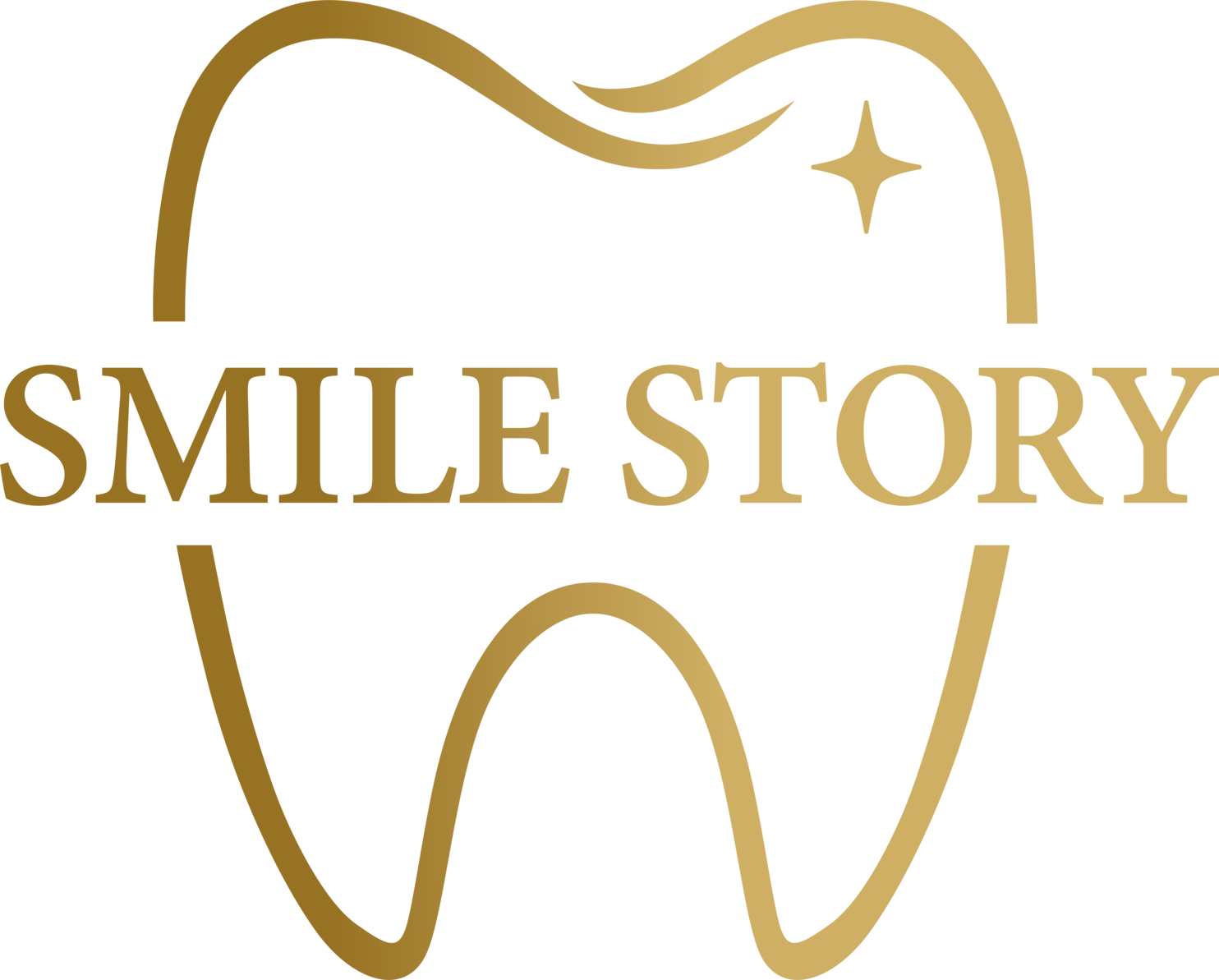Clenching, Grinding, and Jaw Pain Care Near You
Teeth Grinding (Bruxism)
Teeth grinding, also called bruxism, is a common condition that affects many adults and children. While occasional grinding may go unnoticed, frequent or forceful grinding can wear down the teeth and put stress on the jaw. Bruxism is often associated with stress, anxiety, an imbalanced bite, missing teeth, or sleep-related conditions such as sleep apnea. Because grinding typically occurs during sleep, many patients are unaware that it is happening.
Common signs of bruxism include morning headaches, jaw soreness, facial tension, and difficulty opening or closing the mouth comfortably. If you notice any of these symptoms, it is important to discuss them during your dental visit. When left untreated, bruxism can lead to chipped or fractured teeth, loose teeth, and even tooth loss. These complications may require restorative treatments such as crowns, bridges, or implants.
Common Causes of Jaw Pain
If you notice your jaw clicking, popping, or locking, you may be experiencing a condition related to the temporomandibular joint, also known as the TMJ. This joint connects the lower jaw to the skull and plays an essential role in everyday movements such as chewing, speaking, and yawning. When the joint becomes strained or irritated, it can lead to temporomandibular disorders, commonly called TMD.
TMD can develop for many reasons, including injury, inflammation, chronic grinding or clenching, arthritis, or muscle tension. Symptoms can range from mild discomfort to significant pain and limited movement of the jaw. Lifestyle adjustments often provide relief. These may include reducing stress, minimizing chewing gum, eating softer foods, practicing jaw relaxation exercises, and using a night guard to lessen strain on the joint.

